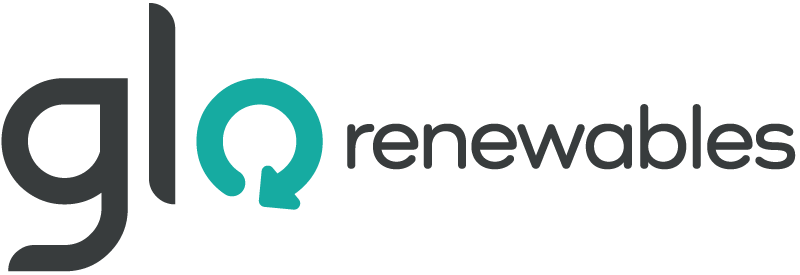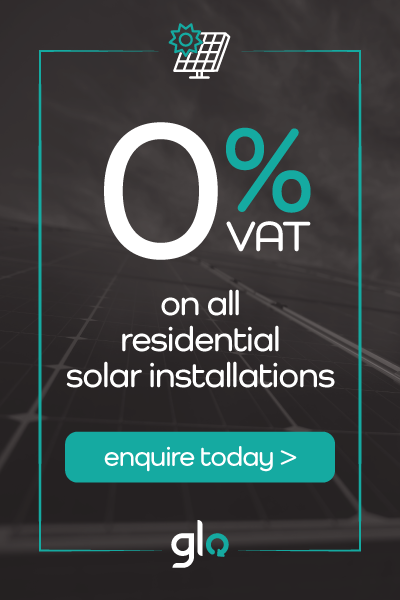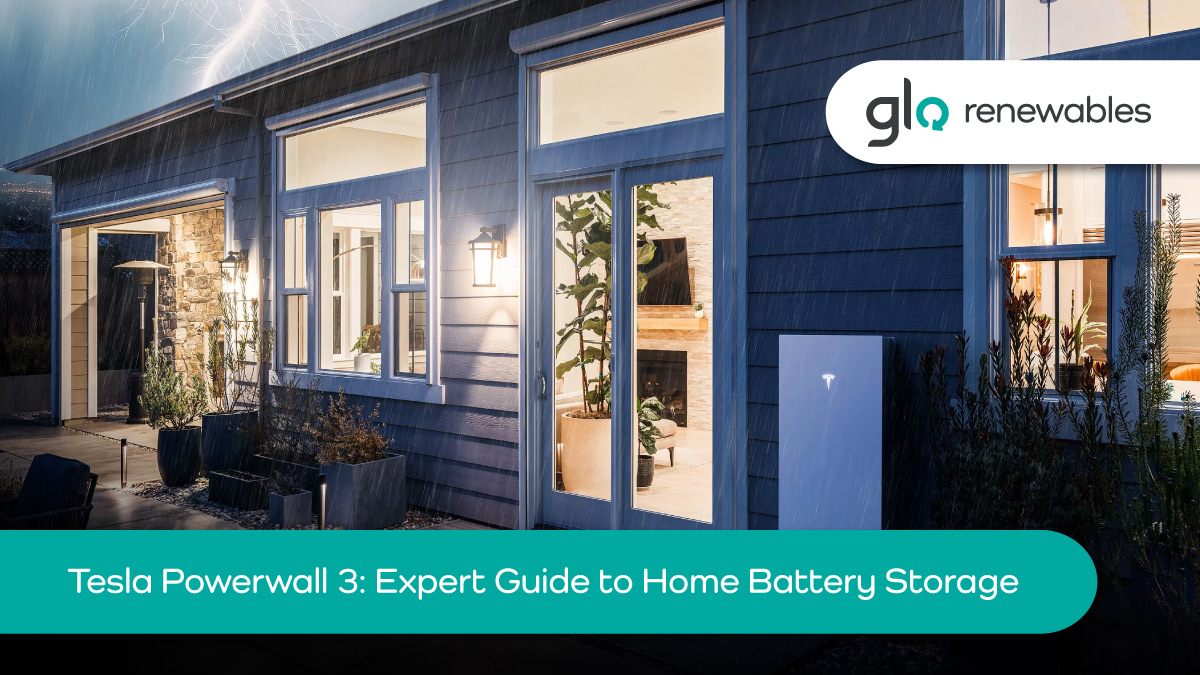Welcome to a world where harnessing the sun’s power is not just a dream but a reality. A quiet revolution is taking place in the picturesque county of Devon, where rolling hills meet stunning coastlines. Solar energy is gaining momentum as the preferred choice for sustainable and renewable power solutions. With its abundant sunshine and forward-thinking communities, Devon is the perfect setting for exploring the benefits of solar energy. From reducing carbon emissions and cutting electricity bills to promoting energy independence and creating a cleaner future, solar power offers a myriad of advantages for both homeowners and businesses alike. In this article, we will delve into the captivating world of solar energy in Devon, uncovering its immense potential and showcasing how it can transform lives and landscapes. So, join us on this enlightening journey as we shed light on the boundless possibilities of harnessing the sun’s energy in beautiful Devon.
The Benefits of Solar Energy
Solar energy is a renewable and sustainable source of power that offers numerous benefits. One of the key advantages of solar energy is its ability to reduce carbon emissions. Traditional sources of electricity, such as coal and natural gas, release harmful greenhouse gases into the atmosphere when burned. Conversely, solar energy produces clean energy without contributing to air pollution or climate change. By transitioning to solar energy, individuals and businesses in Devon can significantly reduce their carbon footprint and contribute to a cleaner and healthier environment.
In addition to its environmental benefits, solar energy also offers financial advantages. Installing solar panels on rooftops or open spaces allows homeowners and businesses to generate their own electricity. This can lead to substantial savings on electricity bills, especially in regions with abundant sunshine like Devon. Moreover, solar energy systems have a long lifespan and require minimal maintenance, resulting in long-term cost savings. With rising electricity prices and increasing concerns about energy security, embracing solar energy in Devon is a smart financial decision and a step towards energy independence.
Another notable benefit of solar energy is its versatility. Various types of solar energy systems are available, catering to different needs and requirements. Photovoltaic (PV) systems, which convert sunlight into electricity, are the most common type of solar energy system. These systems can be installed on rooftops or open spaces and can power homes, businesses, and even entire communities. Solar thermal systems, on the other hand, utilise the sun’s heat to provide hot water or space heating. These systems are particularly suitable for areas where heating demands are high, such as swimming pools or commercial buildings. By embracing solar energy, Devon can tap into its diverse range of solar resources and maximise its potential for clean and sustainable power generation.
Solar Energy Statistics in Devon
With its ample sunshine and favourable climate, Devon is an ideal location for harnessing solar energy. According to recent statistics, the county has experienced a significant increase in solar installations over the past decade. As of 2023, Devon had more than 20,000 solar energy installations. This impressive growth can be attributed to the decreasing cost of solar technology, the availability of financial incentives, and the increasing awareness of the environmental benefits of solar energy.
The statistics also reveal that solar energy in Devon is not limited to residential installations. Many businesses, public institutions, and agricultural enterprises have also embraced solar power to reduce costs and demonstrate their commitment to sustainability. Solar energy has become an integral part of Devon’s energy landscape, from solar farms generating clean energy on a large scale to small-scale installations in local schools and community centres. This widespread adoption of solar energy reflects the county’s determination to transition to a greener and more sustainable future.
Types of Solar Energy Systems
When considering a transition to solar energy in Devon, it is essential to understand the different types of solar energy systems available. The most common type is the photovoltaic (PV) system, which consists of solar panels that convert sunlight into electricity. PV systems can be installed on rooftops, in open spaces, or even as part of solar farms. They are highly versatile and can be customised to meet specific energy needs, making them suitable for both residential and commercial applications.
Another type of solar energy system is the solar thermal system, which harnesses the sun’s heat to provide hot water or space heating. These systems are particularly well-suited for buildings with high hot water or heating demands, such as hotels, hospitals, and swimming pools. Solar thermal systems can also be integrated with existing heating systems, providing a reliable and cost-effective renewable energy source.
In addition to PV and solar thermal systems, emerging technologies include concentrated solar power (CSP) and thin-film solar cells. CSP uses mirrors or lenses to concentrate sunlight onto a receiver, which then converts it into heat or electricity. This technology is suitable for large-scale power generation and has the potential to provide a continuous supply of clean energy. Thin-film solar cells, on the other hand, are flexible and lightweight, making them ideal for applications where traditional solar panels may not be feasible.
Regardless of the type of solar energy system chosen, it is crucial to consider factors such as available space, energy requirements, and budget when planning the transition to solar energy in Devon. By carefully evaluating these factors, individuals and businesses can make informed decisions and maximise the benefits of solar power.
Factors to Consider When Transitioning to Solar Energy in Devon
Transitioning to solar energy in Devon requires careful planning and consideration of several factors. One of the key factors is the available space for solar panel installations. Rooftop installations are popular, but they require a suitable roof area with proper orientation and minimal shading. Open spaces, such as fields or unused land, can also be utilised for large-scale solar installations. Conducting a thorough site assessment will help determine the feasibility and optimal location for solar panel installations.
Another important consideration is the energy requirements of the property or business. Assessing the average electricity consumption will help determine the size and capacity of the solar energy system needed. It is also essential to consider any future changes in energy needs, such as adding electric vehicles or expanding the property. By accurately estimating energy requirements, individuals and businesses can ensure that the solar energy system meets their long-term needs.
Additionally, financing options are crucial in the transition to solar energy. The cost of solar installations has significantly decreased in recent years, making them more accessible to a wider audience. However, upfront costs can still be a barrier for many. Fortunately, various financing options are available, including solar loans, leasing agreements, and power purchase agreements (PPAs). These options allow individuals and businesses to install solar panels with little to no upfront costs and pay for the system over time through energy savings or fixed monthly payments.
Furthermore, it is essential to consider the regulatory framework and local policies related to solar energy in Devon. Familiarising oneself with the planning permission requirements, grid connection process and any local incentives or rebates can streamline the transition process. Consulting with solar energy experts or local authorities can provide valuable insights and ensure compliance with all relevant regulations.
By carefully considering these factors, individuals and businesses in Devon can successfully transition to solar energy and reap its numerous benefits.
Financing Options for Solar Energy Installations
The transition to solar energy in Devon may require upfront investments, but various financing options are available to make it more affordable and accessible. One of the most common options is a solar loan, which allows homeowners and businesses to borrow money specifically for solar installations. Solar loans typically have favourable interest rates and repayment terms, making them an attractive option for those looking to invest in solar energy.
Another financing option is a solar lease or power purchase agreement (PPA). With a solar lease, individuals or businesses can lease solar panels from a solar provider and pay a fixed monthly fee. This fee is often lower than the electricity bill, providing immediate savings. Conversely, a PPA involves a long-term agreement to purchase electricity generated by a solar energy system at a predetermined rate. Both options allow individuals and businesses to enjoy the benefits of solar energy without the need for a large upfront investment.
In addition to solar loans, leases, and PPAs, there are also government incentives and rebates available to support the transition to solar energy in Devon. These incentives can significantly reduce the upfront costs and accelerate the return on investment. The Feed-in Tariff (FiT), for example, provides a fixed payment for each unit of electricity generated by a solar energy system. The Smart Export Guarantee (SEG) ensures that individuals or businesses are paid for surplus electricity exported back to the grid. These incentives and other local or national programs can make solar energy installations even more financially attractive.
When considering financing options, evaluating the long-term financial benefits of solar energy installations is essential. The savings generated from reduced electricity bills, as well as potential income from incentives or selling surplus electricity, can offset the initial costs and provide a significant return on investment. Consulting with solar energy experts or financial advisors can help individuals and businesses navigate the various financing options and make informed decisions.
Case Studies of Successful Solar Energy Projects in Devon
To truly understand the transformative power of solar energy in Devon, let us explore some case studies of successful solar energy projects in the county. These projects showcase the immense potential of solar power and its ability to create a cleaner and more sustainable future.
One Noteable case study is the Hannaford Guest house, a residential b &b solar installation in Torquay. The homeowners transitioned to solar energy to reduce their electricity bills and embrace a more sustainable lifestyle. By installing solar panels on their rooftop, they were able to generate a significant portion of their electricity needs, resulting in substantial savings. This case study demonstrates how solar energy can be a practical and cost-effective solution for homeowners looking to reduce their carbon footprint and save money.
Additionally, the Gulliford Farm showcases the benefits of solar energy in a commercial setting. This project involved installing a solar energy system on the roof of a Cow Shed in Totnes. The system not only provided clean energy for the business’s operations but also served as a visible commitment to sustainability, attracting environmentally-conscious customers and enhancing the business’s reputation. This case study highlights how solar energy can be a strategic advantage for businesses, enabling them to reduce costs, attract customers, and demonstrate their commitment to a greener future.
These case studies represent just a fraction of the successful solar energy projects in Devon. They demonstrate the various applications and benefits of solar energy, from large-scale solar farms to residential and commercial installations. Each project contributes to the overall goal of creating a cleaner and more sustainable future for Devon and beyond.
Solar Energy Incentives and Rebates in Devon
In addition to the financial benefits of reduced electricity bills, solar energy installations in Devon can also take advantage of various incentives and rebates. These incentives are designed to encourage the adoption of solar energy and promote a transition to a more sustainable energy system.
One of the main incentives available in Devon is the Feed-in Tariff (FiT). The FiT is a government program that provides a fixed payment for each unit of electricity generated by a solar energy system. This payment is guaranteed for a specific period, typically 20 years, providing a steady income stream for solar energy system owners. The FiT not only helps offset the initial costs of solar installations but also allows individuals and businesses to recoup their investments over time.
Another incentive available in Devon is the Smart Export Guarantee (SEG). The SEG ensures that individuals or businesses are paid for surplus electricity exported back to the grid. Under this scheme, energy suppliers with over 150,000 customers are required to offer a tariff for exported electricity. This provides an additional source of income for solar energy system owners and encourages the efficient use of renewable energy.
In addition to national incentives, there may also be local or regional incentives available in Devon. These incentives can vary depending on the area and may include grants, tax credits, or additional financial support for solar installations. It is essential to research and explore these opportunities to maximise the financial benefits of solar energy.
When considering solar energy incentives and rebates, it is important to understand the eligibility criteria and any associated requirements. Some incentives may have specific installation or system requirements, while others may be subject to certain deadlines or limitations. Consulting with solar energy experts or local authorities can provide valuable guidance and ensure that individuals and businesses take full advantage of the available incentives.
Solar Energy Installation Process
The installation process for solar energy systems in Devon typically consists of several steps, ensuring a smooth transition to clean and sustainable power.
The first step is the initial consultation and assessment. During this stage, individuals or businesses interested in solar energy meet with solar energy experts to discuss their energy needs, available space, and financing options. The experts evaluate the property or business to determine the optimal size and capacity of the solar energy system. They also provide an estimate of the potential energy savings and financial benefits.
Once the initial consultation is complete, the next step is the design and planning phase. Solar energy experts create a detailed design for the solar energy system, taking into account factors such as available space, energy requirements, and local regulations. They also handle any necessary permits or planning permission requirements. This phase ensures that the solar energy system is tailored to the specific needs and requirements of the property or business.
After the design and planning phase, the installation of the solar energy system begins. This involves mounting the solar panels on rooftops or open spaces, connecting the panels to the electrical system, and installing any necessary monitoring equipment. The installation process is typically carried out by experienced solar energy professionals who ensure that the system is installed safely and efficiently.
Once the solar energy system is installed, it undergoes thorough testing and inspection to ensure its proper functioning. Solar energy experts conduct performance tests and verify that the system meets all safety and quality standards. They also provide information and guidance on monitoring and maintaining the system for optimal performance.
The solar energy system is ready to generate clean and sustainable power after the installation and testing phase. Individuals or businesses can enjoy reduced electricity bills, energy independence, and a reduced carbon footprint. Regular maintenance and monitoring are essential to ensure the long-term performance and longevity of the solar energy system.






